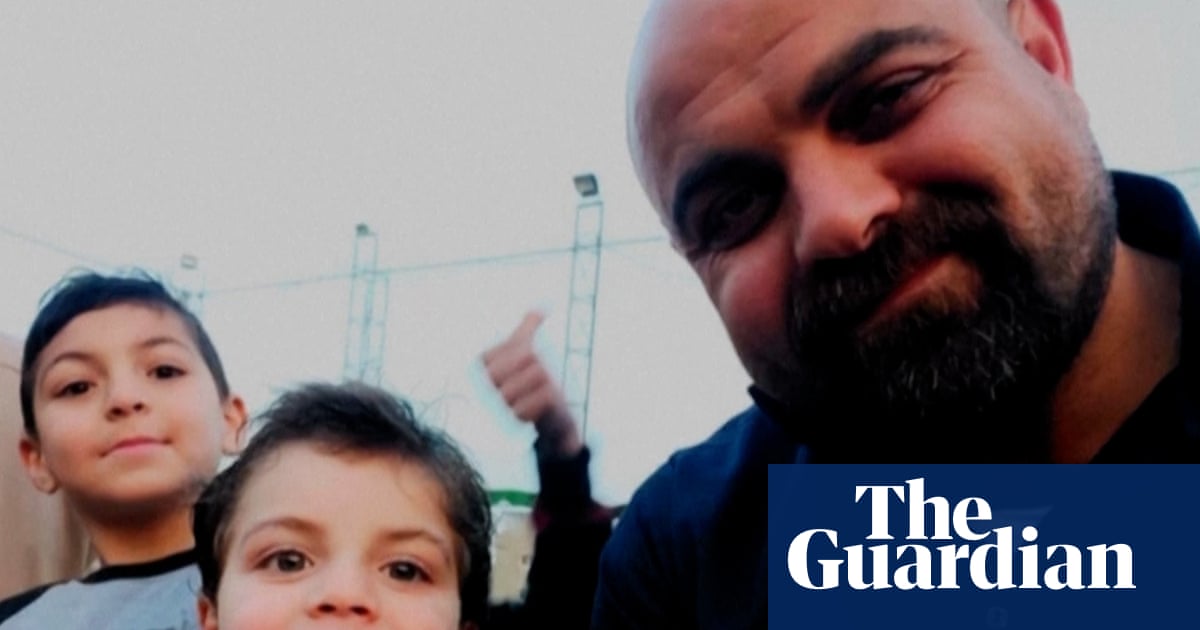A Palestinian father who had lost nine of his 10 children in an Israeli airstrike has died from wounds sustained in the same attack, local health officials have said.
Hamdi al-Najjar, 40, a doctor at Nasser hospital, was critically injured when Israeli forces bombed the family house in the southern Gaza city of Khan Younis on 23 May,killing nine of his children. He had just returned home after accompanying his wife Alaa, a paediatrician at the Nasser medical complex, to work when the building was struck. He had initially survived alongside his son Adam, 11, who is still in hospital.
Even by the terrible standards of theGazaconflict, their deaths had shocked the international community.
Footage shared by the director of Gaza’s health ministry and verified by the Guardian showed the burnt, dismembered bodies of Najjar’s children being pulled from the rubble of their house near a petrol station as flames engulfed what remained of the family’s home.
Alaa had received the bodies while she was still at work. Sources at the Nasser hospital who transferred the children’s bodies one by one to the morgue said their mother was not able to identify them, so bad were the burns.
Doctors told the Guardian her husband was suffering from severe injuries – brain damage and fractures caused by shrapnel, along with shrapnel wounds and fractures in the chest. He was placed on a ventilator and fitted with medical tubes.
On Sunday, they said, he passed away from the severe wounds sustained in the attack.
Following an appeal issued by Adam’s uncle, Ali al-Najjar, 50, and reported by the Italian newspaper La Repubblica, Italy’s foreign minister, Antonio Tajani,said the country was ready to receive Adamfor medical care and was working to arrange his evacuation on 11 June.
Italy had expressed a willingness to evacuate both the father and mother as well, but due to Najjar’s critical condition, transferring him out of Gaza was deemed too dangerous. His wife had agreed for their son, Adam, to be taken to Italy with an aunt and three cousins, but said she would remain by her husband’s side.
After Najjar’s death, sources within the Italian foreign ministry have indicated that his wife may also be evacuated to Italy.
